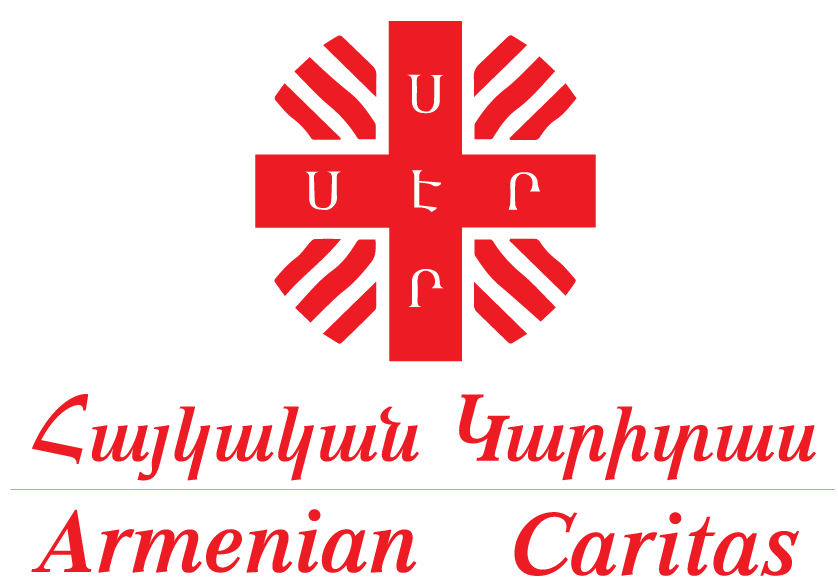Rehabilitation of water supply systems in several settlements in Shirak Province
Project Duration: 01.01.2014 – 31.12.2016
Number of Beneficiaries: 3010
Location: Shirak province, RA
Background:
Armenia has abundant water resources that are generally adequate for drinking, irrigation, and industrial use throughout the country, with some limitations in a few areas. Water usage has been reduced after independence due to a reduction of industrial and agricultural activities. Approximately 98% of drinking water supplies are from groundwater and/or springs, with the remaining percentage from surface water, mainly streams. The quality of ground and spring waters is generally satisfactory for potable use, and as a result, only chlorination/disinfection treatment is required. However, conventional water treatment systems are used for water from streams. The water sources are quite well protected and only rare cases of contamination or bacterial pollution have been reported in recent years. Base on the forecast of water demands for urban and rural areas, it is anticipated that the sources will remain adequate to satisfy future water needs.
Armenia’s water supply networks and systems are in need of major repairs and upgrades. Water supply infrastructure in Armenia dates back to the Soviet era and has suffered from lack of investment since the collapse of the Soviet Union. The systems were constructed using cast iron and steel components and are now well past their normal life. Corrosion of pipelines result in water losses of up to 90% in some cases. This in turn can compromise the quality of the water within the distribution system. Such massive losses mean that there is no supply to consumers at the end of a distribution line, and that leaking water can compromise the ground stability in the built environment.
The absence of investments over the years, coupled with the lack of routine maintenance, has resulted in deteriorated infrastructure that is unable to deliver the appropriate level of service to its users. Water losses or nonrevenue water is estimated at 85%, which according to the World Bank is one of the highest percentages of water losses in the world. More than 50% of water losses are due to leaks from old pipes, and the remainder is due to nonpayment, underpayment, or theft.
Goal:
“Armenian Caritas” has initiated the present program with the aim of improving the social, sanitary/hygienic and household conditions of the population living in several rural settlements of Shirak Province through the provision of a sanitary, secure, reliable and sustainable water supply. “Armenian Caritas” will also work to build the local capacity for managing their water supply and systems.
Creating and optimizing water supply networks in low-income communities in Armenia is essential to ensuring people’s quality of life. Sustainable water infrastructure is a necessary precondition for the preservation of the communities and their long-term development. Approximately 3,010 people from the three villages benefited from the projects which were implemented by the “Renovabis Germany” funded “Rehabilitation of water supply systems in several settlements in Shirak province 2014-2016” project.
Objectivies:
To provide a long-term, safe and reliable drinking water supply that is sufficient to meet the needs of the communities of Tsoghamarg, Krashen and Anushavan villages.
Activities:
The following activities were implemented during the reporting period.
In mid – May 2016 the community representatives were invited to “AC” office for a general meeting where they were informed on that “Renovabis” had approved the project proposal prepared by “Armenian Caritas”.
Next step was to fix meeting days in the communities to discuss the project technical aspects and the feasibility, to assure community resources, the level and type of local contributions. Moreover, the purpose of these meetings was to create a climate of mutual respect, understanding and trust and to develop in the partners the sense of “community as a social construct”. After these meetings there were identified the community members who seemed to be more competent for future activities.
As soon as these activities were completed the project staff, considering the great extent of works to be executed in a short period, in accordance with the top managers announced a tender among the local licensed construction companies for execution of works in project sites. Among three companies, the tender commission chose applying for the tender one company. In a week period the contracts were signed by the parties and the first transfer equal to 70 % of the estimation was made in order the contractors could purchase the necessary construction materials and the synthetic pipes for each project site. Soon the material resources were transported to the villages and both the constructers and the communities started the implementation simultaneously (that is July) in three villages.
Partners: Renovabis Germany
Budget: 250 000 €
Project manager: Artashes Margaryan
